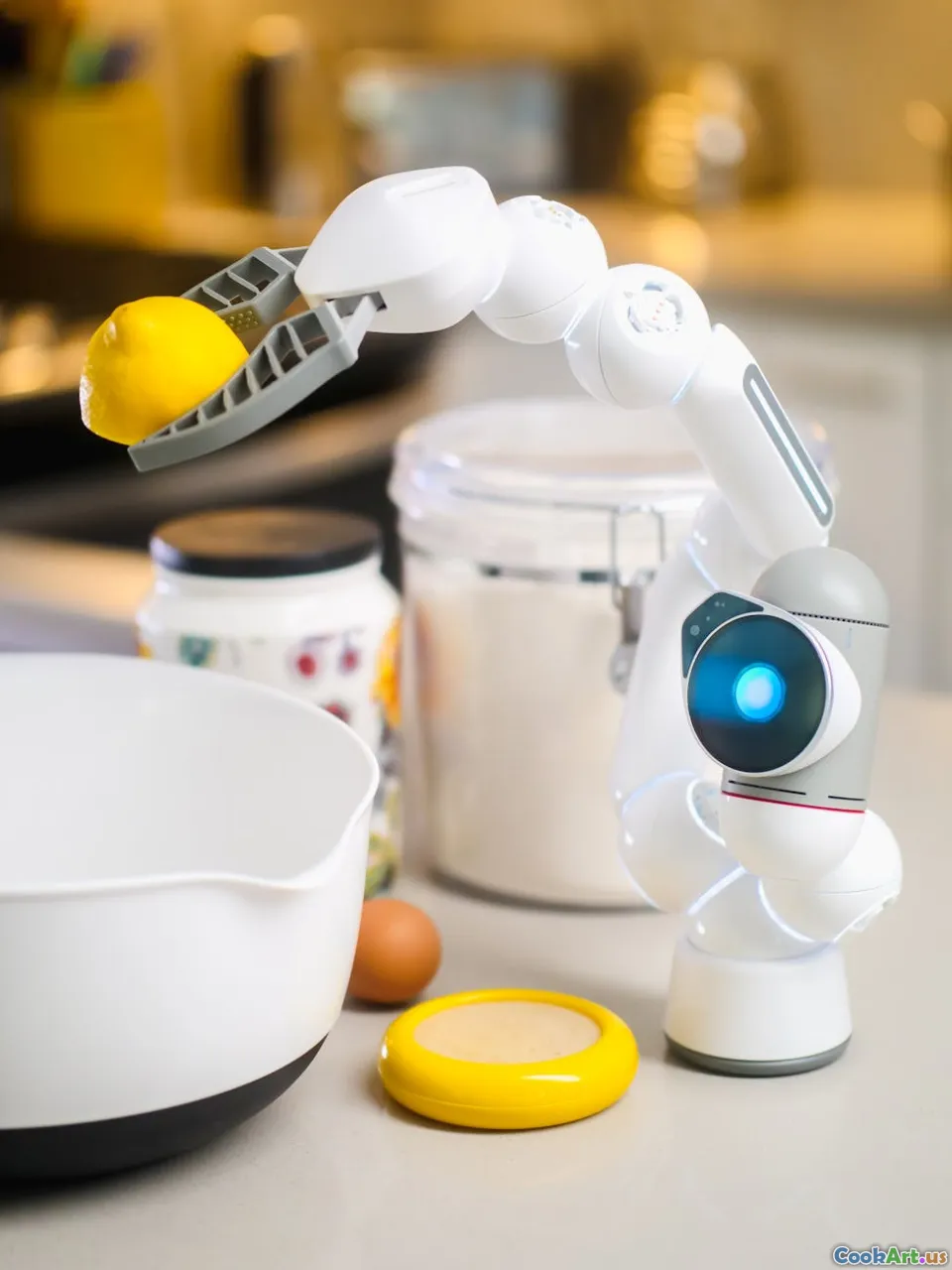Smart Kitchens: The Tech Revolution in Cooking
6 min read Explore the transformative impact of technology on modern kitchens and cooking practices. April 09, 2025 14:00
Smart Kitchens: The Tech Revolution in Cooking
In today’s fast-paced world, the convergence of technology and culinary arts is revolutionizing how we cook, eat, and even think about food. The concept of the smart kitchen is not just a passing trend; it represents a significant shift in our relationship with food and cooking processes. This article explores the key innovations, trends, and technologies that define the modern smart kitchen, and how they can enhance our culinary experiences.
What is a Smart Kitchen?
A smart kitchen integrates advanced technologies into cooking and meal preparation, making it easier, faster, and more efficient. From internet-connected appliances to artificial intelligence (AI) and machine learning, smart kitchens leverage technology to optimize cooking practices and promote a more sustainable lifestyle.
Key Features of Smart Kitchens
-
Connected Appliances: Smart refrigerators, ovens, and dishwashers can be controlled remotely via smartphones or smart home systems. For instance, you can preheat your oven from the grocery store or receive alerts when your fridge is running low on essentials.
-
Voice-Activated Cooking Assistants: Devices like Amazon Echo and Google Home allow users to follow recipes hands-free. You can ask for measurements, cooking times, or even substitutions, making cooking accessible to everyone, including novice chefs.
-
Artificial Intelligence and Machine Learning: AI-driven applications can analyze your cooking habits and dietary preferences to suggest personalized recipes. These innovations learn from your cooking history, making meal planning more intuitive and tailored.
-
Smart Sensors: Temperature sensors in ovens and cooktops ensure precise cooking, while humidity sensors in fridges keep produce fresh longer. These sensors help prevent overcooking or spoilage, enhancing food quality.
-
Automated Cooking Devices: From multi-cookers that can pressure cook, steam, and slow-cook to robotic kitchen assistants that chop, mix, and even serve meals, automation is simplifying cooking tasks.
The Impact on Culinary Practices
Enhanced Cooking Efficiency
Time is a valuable asset, and smart kitchens are designed to save it. The automation of routine tasks means you can spend more time experimenting with flavors and less time on prep work. For example, smart multicookers can streamline the process of making complex dishes that traditionally take hours.
Sustainability and Waste Reduction
Smart kitchens promote sustainable cooking practices by helping users track food usage and reduce waste. Smart fridges can notify you when food is nearing its expiration date, encouraging you to use ingredients before they spoil. Additionally, meal-planning apps can suggest recipes based on what you have on hand, minimizing unnecessary purchases and food waste.
Nutrition and Health
Health-conscious consumers benefit from technology that assists in nutritional planning. Smart kitchen devices can analyze the nutritional value of recipes and help users maintain balanced diets. Some devices even provide real-time feedback on dietary intake, making it easier to adhere to health goals.
Cultural Dimensions of Smart Kitchens
The adoption of smart kitchen technology transcends borders and cultural contexts. In many Asian households, for example, smart rice cookers and steamers have become essential tools, combining traditional cooking methods with modern technology. Meanwhile, in Western countries, meal prep robots are gaining popularity among busy families looking for convenient solutions that do not compromise on quality.
Global Trends
The smart kitchen movement is gaining traction worldwide, with diverse innovations emerging in different regions. In Europe, for instance, sustainable technology is at the forefront, with smart appliances designed to use less energy. In contrast, North America focuses on convenience and automation, with devices that simplify the cooking process.
Conclusion
As we embrace the tech revolution in cooking, smart kitchens are redefining our culinary landscape. From enhancing efficiency and promoting sustainability to fostering healthier eating habits, the innovations in smart kitchen technology are transforming not only how we cook but also how we connect with food. As this trend continues to evolve, we can expect even more exciting advancements that will make cooking a more enjoyable and engaging experience for everyone.
Embrace the Future of Cooking
The next time you step into your kitchen, consider how technology can enhance your culinary journey. Whether it’s through a smart appliance that takes the guesswork out of cooking or an app that helps you plan meals, the future of cooking is here, and it’s smarter than ever.









